How to Be Best Prepared for a Power Outage: A Comprehensive Checklist
Emergency Preparedness
How to Be Best Prepared for a Power Outage: A Comprehensive Checklist
When a power outage strikes, being prepared can make all the difference. Use this checklist to ensure you and your family are ready to handle the situation safely and comfortably.
1. Create an Emergency Kit
- Flashlights and Batteries: Keep several flashlights in easily accessible locations. Ensure you have extra batteries.
- Lanterns: Opt for battery-operated, rechargeable, or solar-powered lanterns for area illumination.
- Battery-Powered Radio: Stay informed about weather updates and emergency instructions.
- First Aid Kit: Include bandages, antiseptics, and any prescription medications.
- Water and Non-Perishable Food: Store at least one gallon of water per person per day for three days. Stock up on canned goods and other non-perishable items.
- Manual Can Opener: Essential for accessing canned food when the power is out.
2. Communication and Power
- Mobile Phone and Charger: Keep your phone charged and have a portable charger or power bank ready.
- Backup Power Source: Consider a generator or a solar charger for essential electronics.
- Emergency Contact List: Have a list of important phone numbers written down, including family members, neighbors, and emergency services.
3. Home Safety and Comfort
- Warm Clothing and Blankets: Ensure you have enough blankets and warm clothes, especially in winter months.
- Alternative Heating and Cooking Sources: If you use a generator, ensure it's used safely. Keep a camp stove or portable heater and use them according to safety guidelines.
- Fire Extinguisher: Be prepared to handle any fires that may occur from alternative heating or cooking sources.
4. Plan for Special Needs
- Medical Devices: Ensure that any necessary medical devices have a backup power source.
- Children and Pets: Stock up on baby supplies and pet food. Have a plan for keeping them warm and safe.
- Mobility Aids: Keep a spare battery for wheelchairs or other mobility aids.
5. Stay Informed
- Weather Alerts: Sign up for weather alerts on your phone or keep a weather radio.
- Utility Company Notifications: Register with your utility company to receive outage notifications and updates.
6. Financial Preparedness
- Cash: ATMs may not work during a power outage, so keep some cash on hand.
- Insurance and Important Documents: Store copies of important documents in a waterproof, fireproof safe.
7. Practice Your Plan
- Family Drills: Regularly practice your emergency plan with all household members.
- Evacuation Routes: Identify and practice evacuation routes in case you need to leave your home.
Conclusion
Being prepared for a power outage is crucial to ensuring the safety and comfort of your family. By following this comprehensive checklist, you can rest assured that you have taken the necessary steps to handle any power outage effectively. Preparation is key, so take the time to organize your supplies and create a solid plan today.


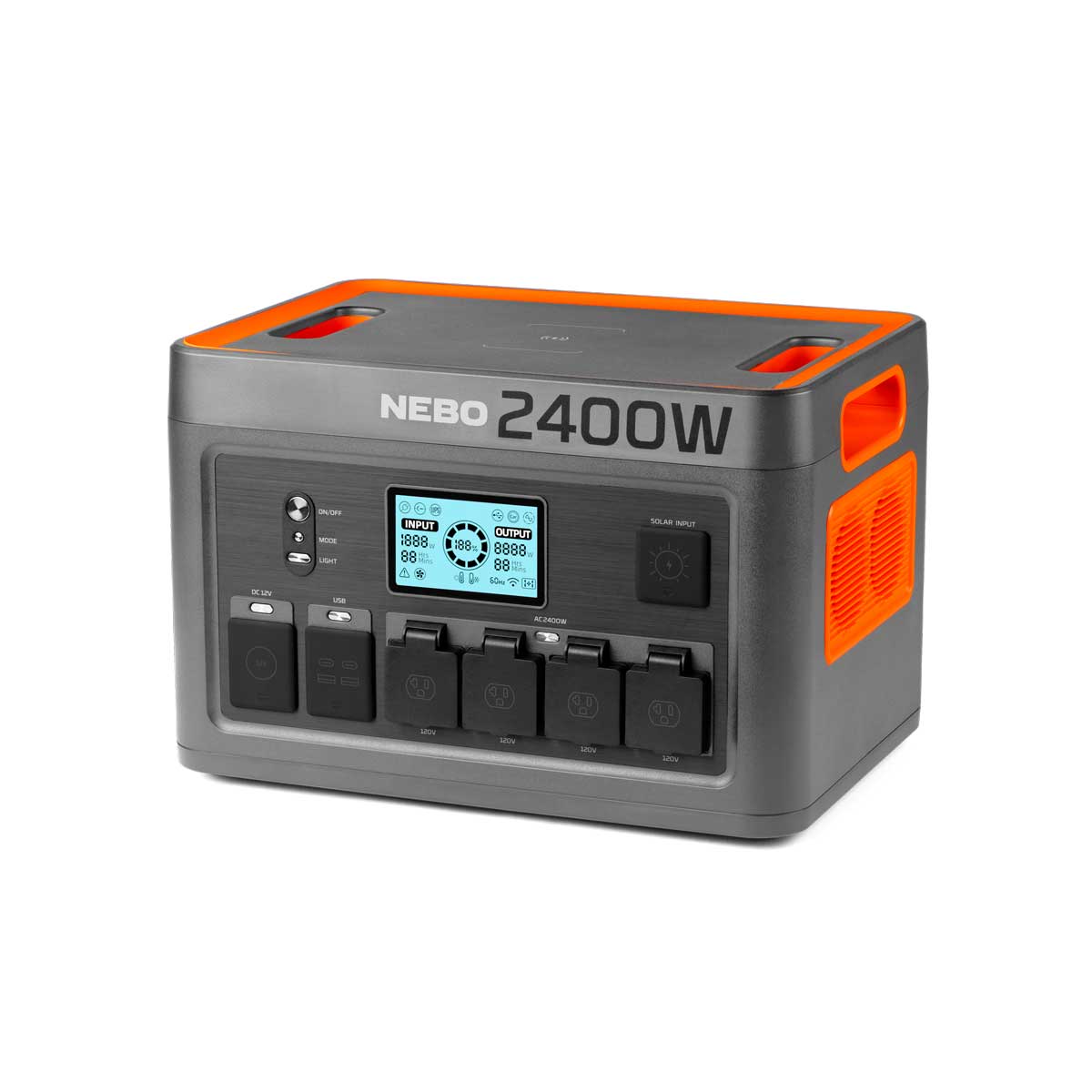
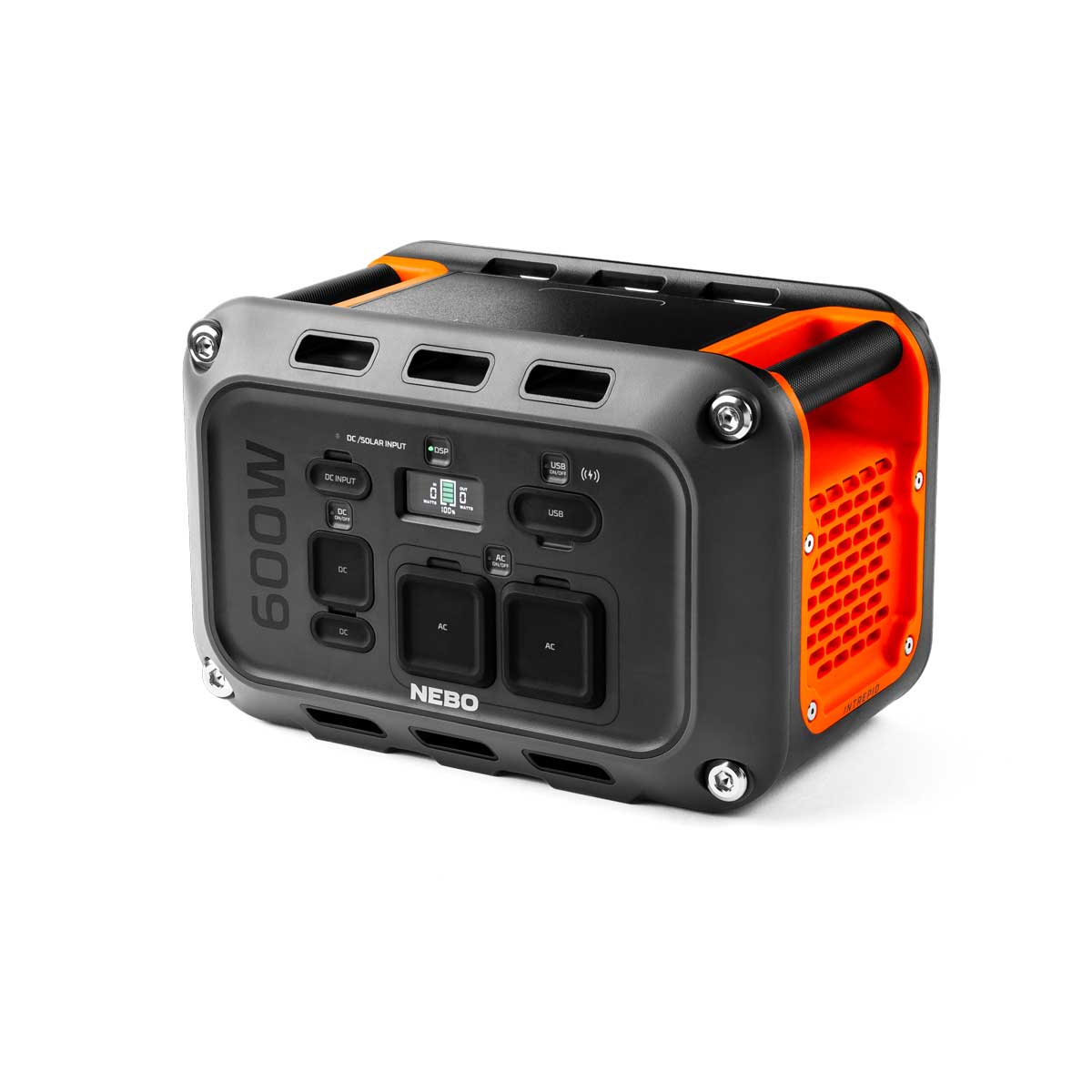
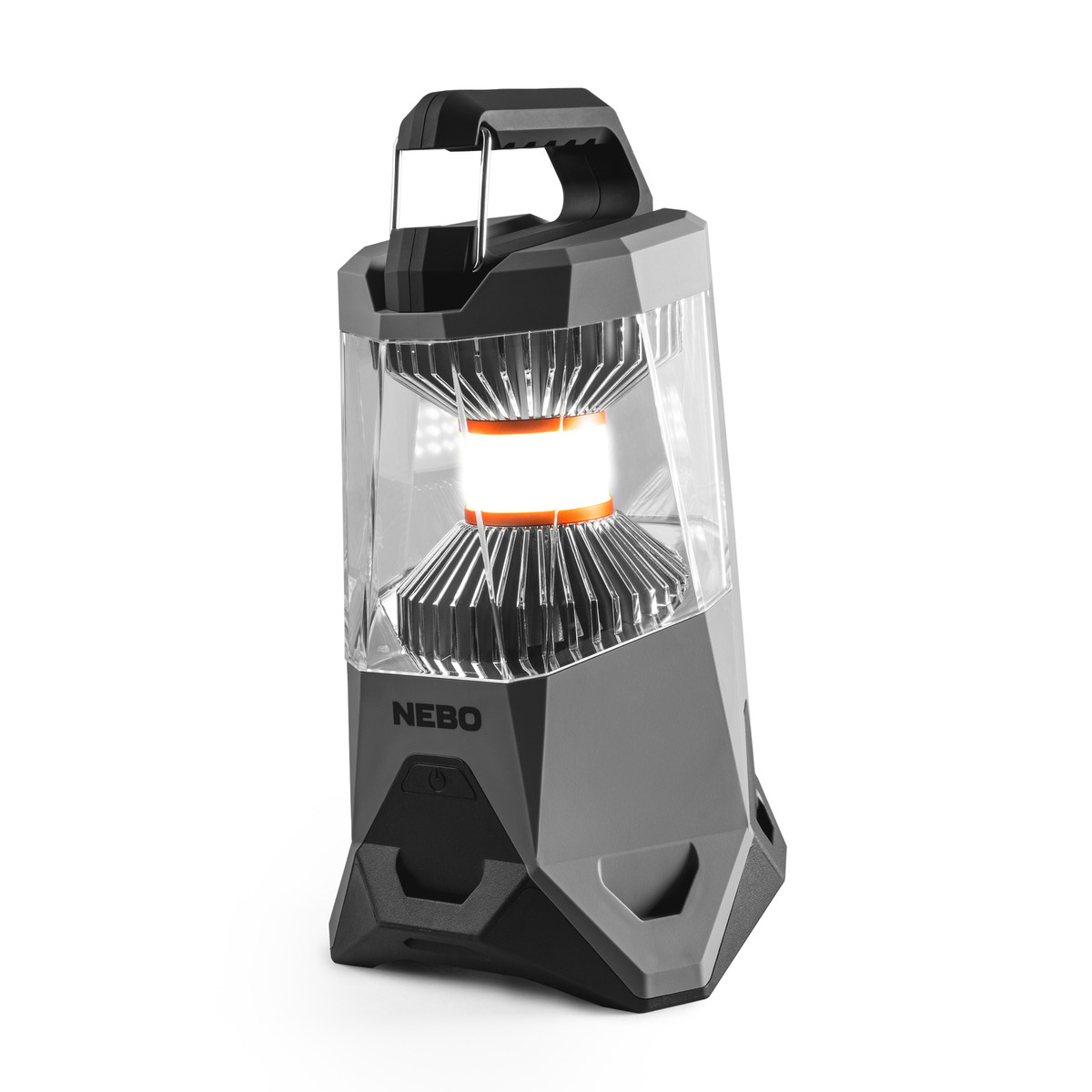
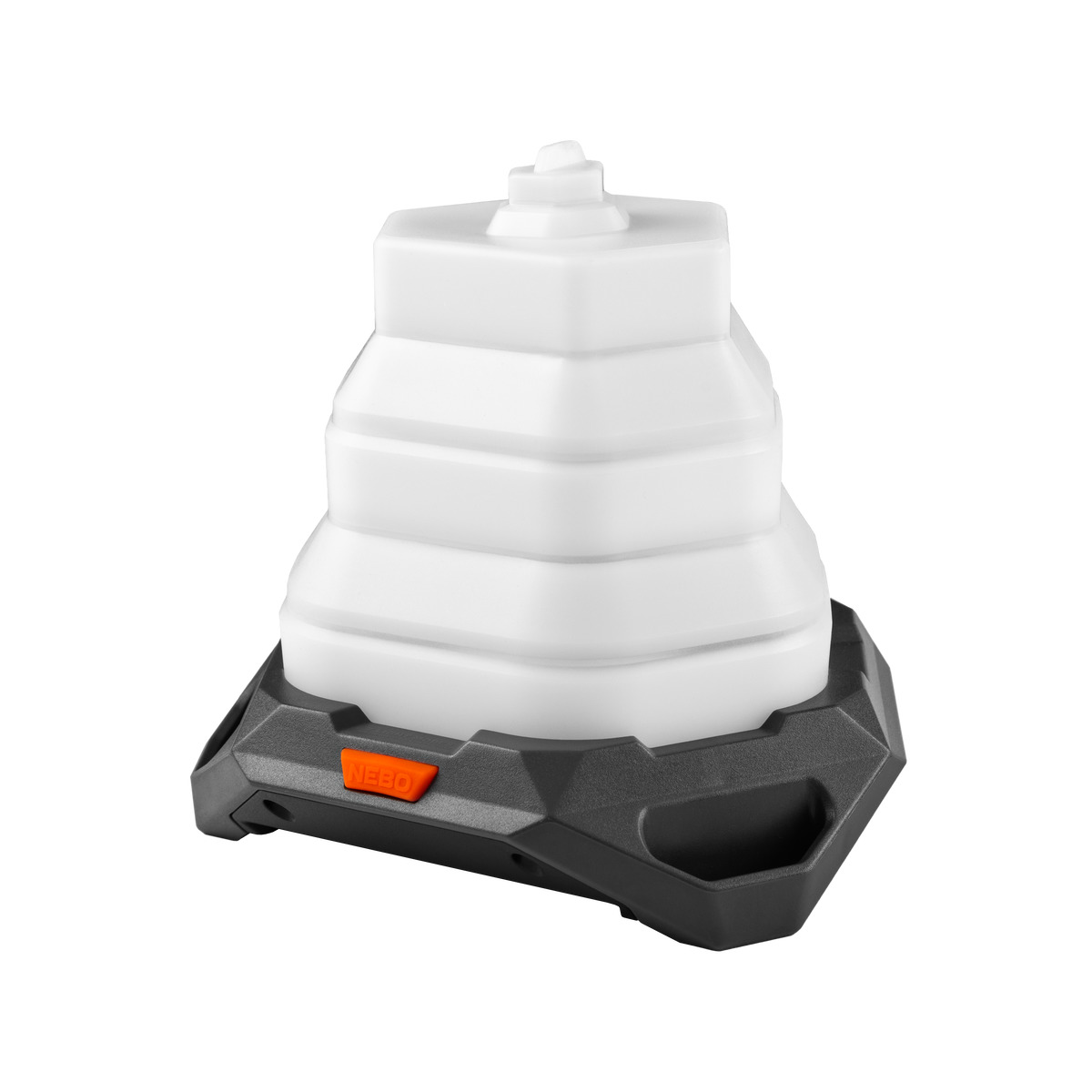


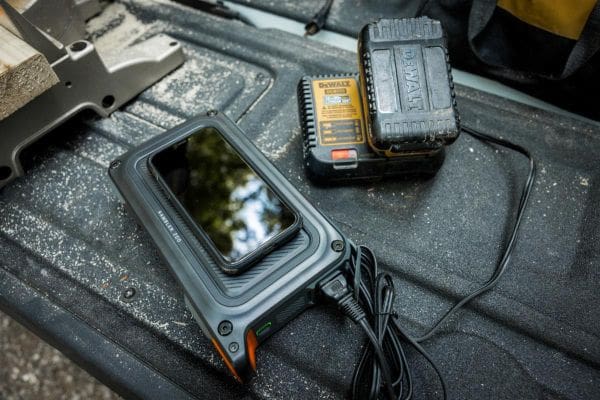
The information below is required for social login
Sign In
Don't have an account? Create one here.
First Things First...
You must sign in or create a NEBO account to apply to join NEBO PRO.
CREATE ACCOUNT